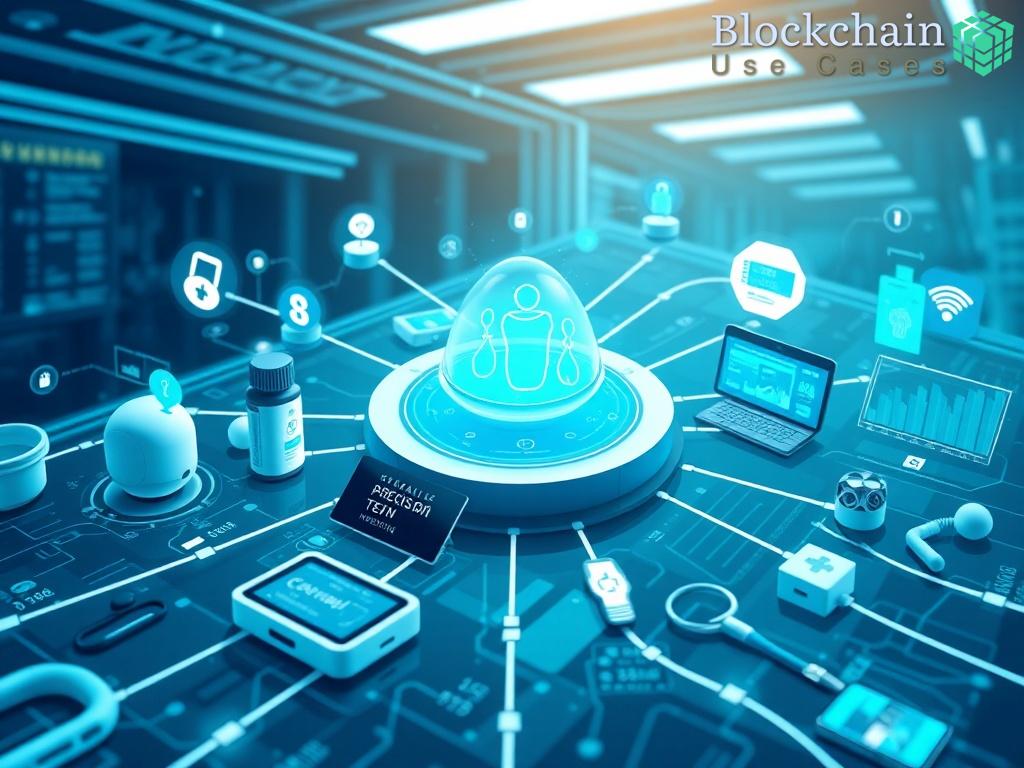Understanding the Intersection of Blockchain and IoT in Healthcare

In an era where healthcare is becoming increasingly digitized, the need for secure management of data and devices is more crucial than ever. The convergence of Internet of Things (IoT) devices in healthcare—ranging from wearable health monitors to smart hospital equipment—brings forth a plethora of data. However, this data is vulnerable to breaches and unauthorized access, making it imperative to find robust solutions. Enter blockchain technology, a game-changer that promises to enhance the security, integrity, and interoperability of healthcare systems.
The Power of Blockchain: Enhancing Security and Transparency
Blockchain technology operates on a decentralized ledger system, ensuring that data is not only secure but also transparent and immutable. This characteristic is particularly beneficial in healthcare, where the accuracy of patient information and device data is paramount. By employing blockchain, healthcare providers can create an ecosystem where data flows securely between IoT devices, patients, and medical professionals without the risk of tampering.
- Decentralization: Unlike traditional databases, blockchain distributes data across a network, reducing the risk of single points of failure.
- Immutability: Once data is recorded on the blockchain, it cannot be altered or deleted, ensuring the integrity of health records.
- Access Control: Blockchain allows for fine-grained access controls, enabling patients to manage who can view their health data.
- Interoperability: By standardizing data formats, blockchain facilitates seamless sharing of information across different healthcare platforms.
Case Studies: Real-World Applications of Blockchain in IoT Healthcare
Several pioneering organizations are already harnessing the power of blockchain to secure IoT-enabled healthcare. For instance, companies are utilizing blockchain to track the supply chain of pharmaceuticals, ensuring that medications are authentic and safe for consumption. Additionally, smart wearable devices are being integrated with blockchain to provide patients with control over their health data, allowing them to share it selectively with healthcare providers. These applications not only enhance security but also empower patients, making them active participants in their healthcare journey.


















